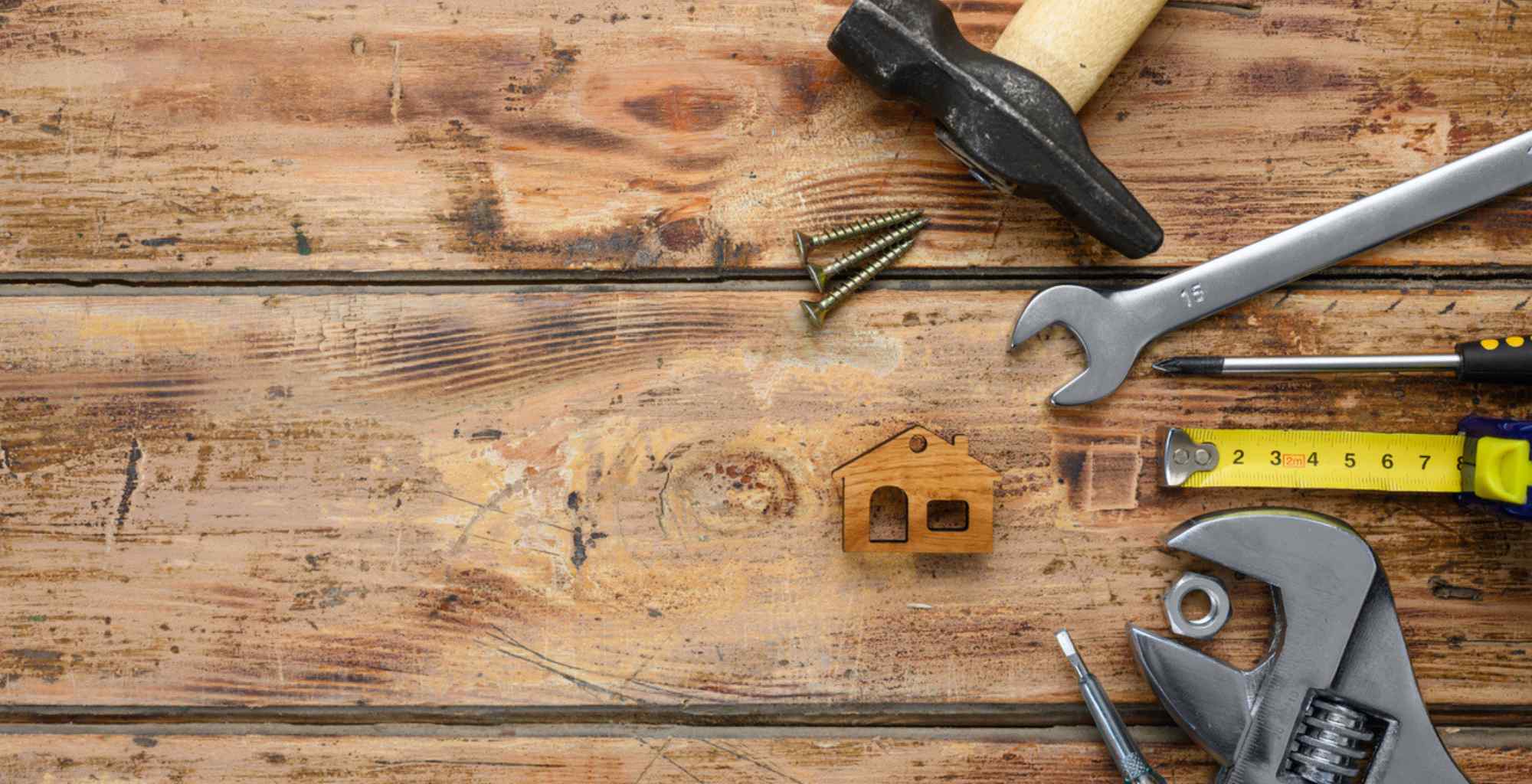A mutual understanding of a landlord’s responsibility for repairs is key to maintaining a positive and professional rental relationship between landlord and tenant.
Landlords have a responsibility to ensure that their properties are safe, secure, and in good condition for tenants.
Equally, tenants have a responsibility to report any repairs that need to be carried out promptly. If a tenant fails to report a repair that subsequently causes damage to the property, they may be held responsible for the cost of repairs.
By reporting repairs promptly, tenants can help to ensure that their landlord meets their legal obligations and that their rented property remains safe and in good condition.
In this guide we explore a landlord’s responsibility for repairs together with information for tenants.
Understanding a Landlord’s Responsibilities for Repairs
In the United Kingdom, landlords have certain responsibilities when it comes to repairs in the properties they rent out. The landlord’s responsibility for repairs is largely governed by the Landlord and Tenant Act 1985 and the Housing Act 2004.
- Structure and Exterior: The landlord is responsible for the maintenance and repair of the structure and exterior of the property. This includes walls, roofs, foundations, drains, guttering, external pipes, windows, and external doors.
- Water and Heating: The systems for supplying water, gas, electricity, and sanitation (sinks, baths, showers, and toilets) must be kept in working order. The landlord is also responsible for the maintenance of the heating and hot water systems.
- Common Areas: If the property includes shared areas or facilities, the landlord is responsible for their upkeep and repair.
- Safety: Landlords must ensure the property meets safety standards. This includes gas safety, electrical safety and providing smoke and carbon monoxide alarms.
- Internal Repairs: The landlord is responsible for certain internal repairs to the property, which can include fixtures, fittings, and appliances provided under the tenancy.
Tenants are required to report issues to the landlord or property manager in a timely manner, and the landlord or property manager acting on the landlord’s behalf must respond and address these issues within a reasonable timeframe.
If the necessary repairs are not made in a reasonable timeframe, tenants may have the right to take legal action.
It should be noted that the tenant is responsible for minor maintenance such as changing lightbulbs and batteries in smoke detectors, and for any damage they cause through negligence or deliberate action.
Regular property inspections can help landlords keep on top of maintenance issues before they become serious.
Further information surrounding the specifics of maintenance and repair can be found within a tenancy agreement and both tenants and landlords should ensure they have thoroughly read and understood their respective obligations.
Navigating Emergency Repairs
When confronting urgent repair situations that pose a risk to tenants’ safety or health, landlords are bound by legal duties to take prompt action.
These emergencies might encompass a range of issues, from gas leaks and electrical faults to severe water ingress.
It is incumbent upon tenants to inform their landlord without delay when such exigencies arise and for landlords to act swiftly once informed of an issue requiring repair.
Landlord’s Right to Inspect and Access
A landlord has the right to inspect the property to ensure that it is being maintained in a safe and habitable condition. However, the tenant must be given reasonable notice before any inspection takes place except in emergency situations, where the landlord has the right to immediate access to the property to carry out repairs.
It is important for both the landlord and tenant to understand their rights and responsibilities when it comes to emergency repairs. The landlord must act promptly to ensure the safety and well-being of the tenant, while the tenant must provide access to the property to allow for necessary repairs to be carried out.
Information for Tenants
Understanding your rights and responsibilities as a tenant can be pivotal in ensuring a swift resolution to repair issues within your rental property. Below we outline the critical steps and expectations surrounding the repair process.
Notifying the Landlord About Disrepair
As a tenant, it is your obligation to report any disrepair or damage to the landlord or managing agent as soon as possible. This notification should be in writing and include all relevant details of the issue, including when it was first noticed and any potential safety concerns it may pose.
Timescale and Standard of Works
Once notified of disrepair, a landlord or their property manager is expected to respond and address the issue within a reasonable timeframe, considering the severity of the problem. Emergency situations require a rapid response, often within 24 hours, whereas less urgent repairs should be dealt with in a timely manner, typically not exceeding 28 days. The repairs should be completed to a standard that ensures the tenant’s safety and the property’s habitability.
What a Landlord Must Repair Under Section 11
Under Section 11 of the Landlord and Tenant Act 1985, landlords have a legal duty to keep in repair the structure and exterior of the dwelling, including drains, gutters, and external pipes. They must also maintain in proper working order the installations for the supply of water, gas, electricity, sanitation, space heating, and heating water. This does not mean that the landlord must make significant improvements, but they must maintain the current standard of the facilities. It is important to note that the tenant’s responsibilities should not be overlooked; they must use the property in a ‘tenant-like manner’, taking good care of the premises and completing minor maintenance tasks.
Professional Property Management for your Rental Property
The complexities and time-sensitive nature of managing repairs can be a significant burden for landlords.
Engaging the services of a professional property manager offers an efficient solution, delegating the responsibility to experts who are well-versed in the intricacies of property maintenance and legal compliance.
A property manager serves as an intermediary who can ensure that repairs are carried out promptly, to the correct standard, and in line with all statutory obligations.
This not only preserves the value and integrity of the property but also fosters a positive relationship between landlord and tenant, ensuring peace of mind for all parties involved.
To discuss the management of your rental property or learn more about a landlord’s responsibility for repairs, please do get in touch.





